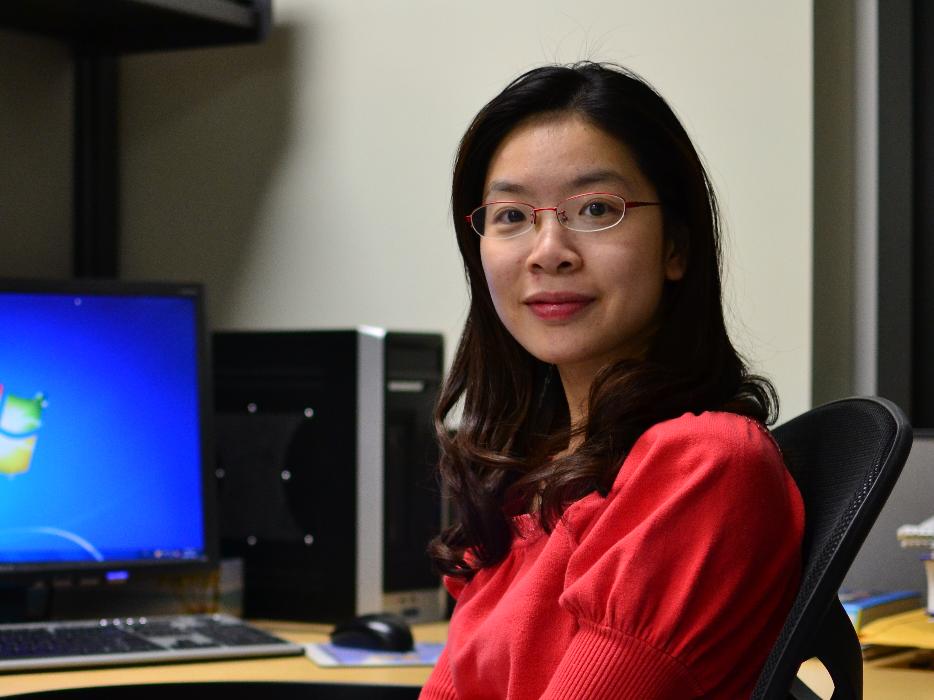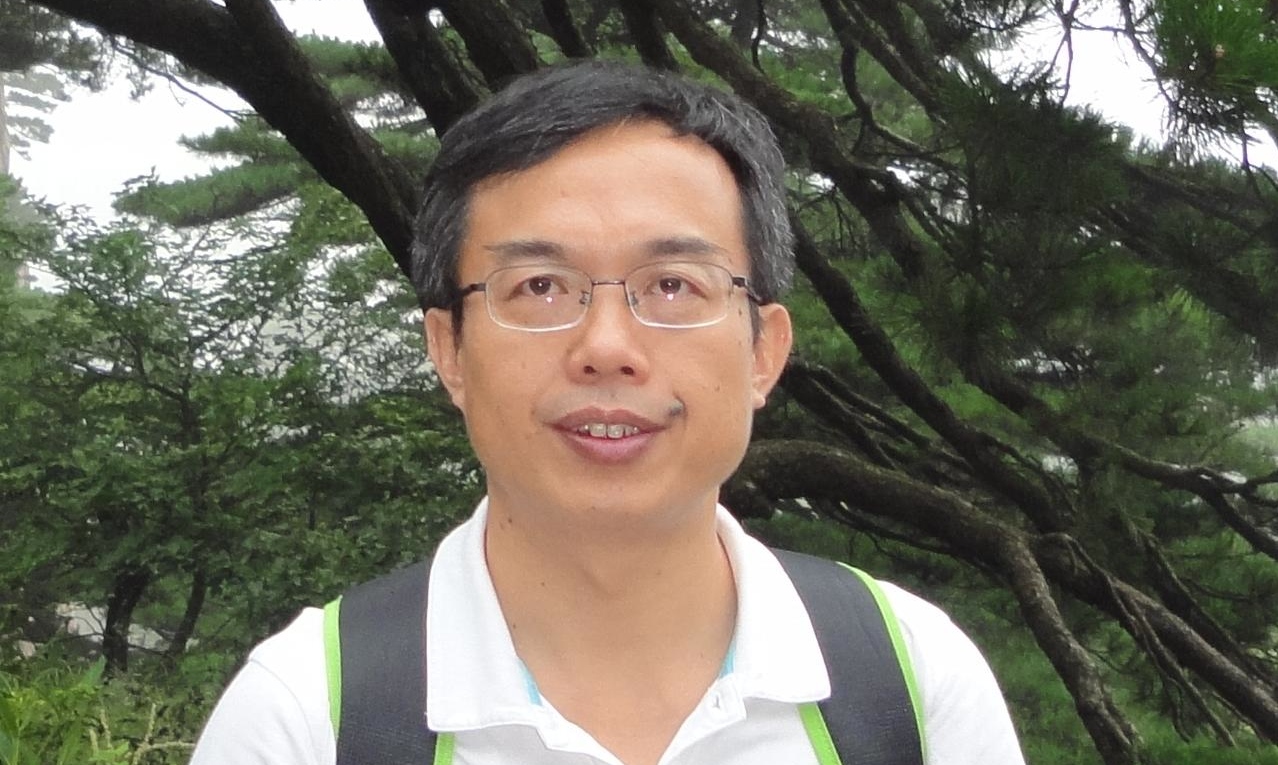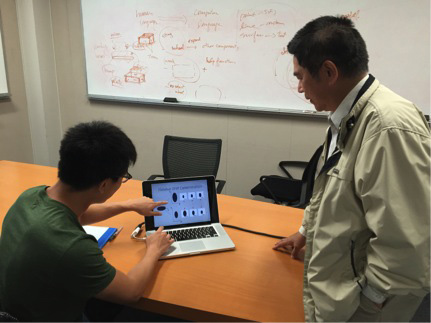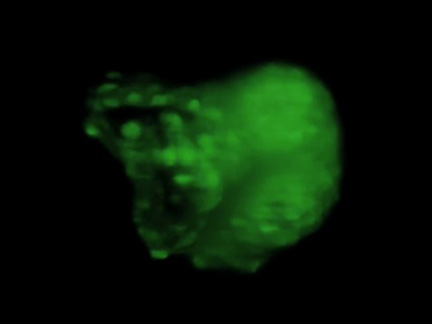Interview with Visiting Scholar Dr. Zhaojun Nie
In November 2014, a new visiting scholar, Dr. Zhaojun Nie joined MCLab. Dr. Nie received her PhD degree from McMaster University at Hamilton, Canada in June 2014. Now we have an interview with her, talking about her research interests and future expectations.
1. Could you briefly introduce yourself and your previous research experiences?
I received my BS degree in Electrical Engineering from Xi’an Institute of Post & Telecommunication in 2007, and received my MSc degree in Optoelectronics Engineering from Beijing Institute of Technology in 2009. In June 2014, I received the PhD degree in Biomedical Engineering from McMaster University at Hamilton, Canada. My previous research focused on optical imaging and spectroscopic system design for biomedical and clinical applications, as well as clinical data analysis and classification to increase the diagnostic accuracy of tumor detection.
2. What is your first impression of USC and MCLab?
USC is a famous university. I am glad that I have this opportunity to visit USC and join the MCLab. USC campus is very beautiful. The students are all very smart and hard-working. The MCLab is a big family, where members frequently exchange ideas, share experiences and help each other. The atmosphere of active discussion is quite inspiring. Prof. Kuo is also very nice and students benefit from his prompt feedback and guidance. In addition, I think the arrangement of weekly seminar is very helpful, which provides me with a chance to know everyone’s research work. In general, I enjoy my time at MCLab very much.
3. What is your future expectation in MCLab?
The MCLab is known by its researches in image processing and computer vision. Some related techniques are widely used in various fields, including my previous research focus, medical and clinical applications. Therefore, [...]






